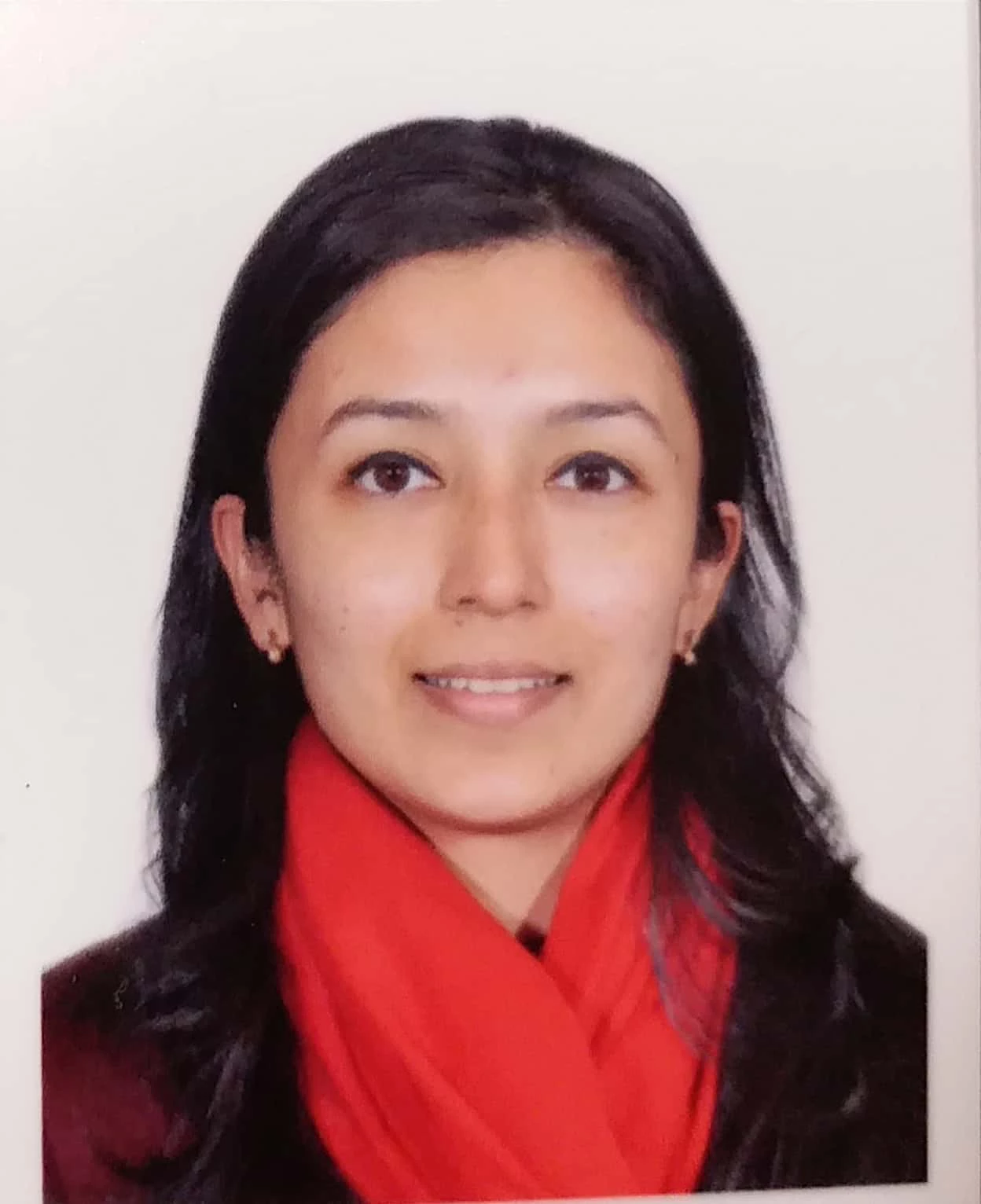 Vandana Rana – Community Mobilizer in Punjab
Vandana Rana – Community Mobilizer in Punjab
Samina lives in the northeastern state of Manipur in India and has been working as a community mobilizer since 2017. Her work requires her to travel to the most underserved areas in the state’s hilly terrain to help enroll out-of-school minority* youth in the Government of India’s Nai Manzil program (education and skills training for out-of-school youth). As a mobilizer, her main role is to identify the right beneficiaries for the program and convince them of its usefulness and ensure their participation.
In the northwestern state of Punjab, young Dinesh, Navjot, and Vandana have been working relentlessly to mobilize out-of-school youth from the Sikh community to join the Nai Manzil program. They visit their homes, talk to them and their families about the benefits of Nai Manzil, motivate their parents and also mobilize support among the community leaders. It was not easy. “There were many times when households did not welcome us. But we never gave up. Over time, they began to trust us and see value in the scheme.”
The Nai Manzil – “New Horizons” – scheme is run by the Government of India’s Ministry of Minority Affairs and is supported by the World Bank with a loan of $50 million. The scheme provides out-of-school youth with an opportunity to receive a certified formal education and skills training.
Nai Manzil runs in 26 states and 3 union territories and has benefited more than 98,000 minority youth to date by improving their education outcomes and employment options.
The Need for Community Mobilizers
It was realized early-on in the program design, that simply offering minority youth learning opportunities through conventional institutions would not be enough to get them to join the program. Rather, there was a need to first gain the trust of the community. This is where the role of the community mobilizers became important. In Assam, a Nai Manzil training agency struggled to enroll youth from the Muslim community until two local mobilizers -- Mustafisul and Habibullah – turned things around. The two young men would get on their bikes and go door to door, meeting families and identifying eligible candidates. They also used public spaces like playgrounds and rickshaw stands to find school dropouts and chat with them about the Nai Manzil scheme, between playing soccer and drinking tea. Connecting in this way made the youth more comfortable and also more curious about the scheme.
Finding the right mobilizer is important. A willingness to learn, a positive attitude, knowledge of the local language, and connections with the community are most valued. Minimum reading and writing skills are also expected so that mobilizers can read and explain program-related information.
A willingness to learn, a positive attitude, knowledge of the local language, and connections with the community are most valued.
Community mobilizers have also played a critical role in transforming family mindsets and traditions, especially for female students. Habibullah’s main challenge in Assam was mobilizing female beneficiaries from Muslim families who were conservative about allowing girls outside the home and primarily concerned with their marriage. Sometimes, he called the parents to the center and made them talk to the trainers. Such visits, he says, helped build trust and confidence in the program. Dinesh recounts with pride stories of female beneficiaries who are now earning their own money and supporting their parents after getting jobs through the program. In fact, seeing them, other families in the village also want to enroll their girls in the Nai Manzil program. He says, “With Nai Manzil, girls are also moving forward in life”.
More than 300 mobilizers are behind the success of Nai Manzil today. Many have stayed on past the mobilization stage, helping to counsel students and parents, and supporting them if they faced difficulties during training, or in the early stages of employment. The mobilizers also provided support to beneficiaries who lost jobs during the COVID-19 pandemic, helping them find alternative opportunities.
Mustafisul says that “his dreams have been fulfilled” when he sees the faith that the community has shown in him and his mother beaming with pride at his work.
Samina, speaking on the success of the program, says “Nai Manzil has opened the eyes of minority youth. Many students are in college now. Many are now in Delhi studying nursing, some are getting management training, some are having their own embroidery business. I have no words! I am overwhelmed to get so much appreciation from people today.”
*The Government of India classifies Muslims, Christians, Sikhs, Buddhists, Jains, and Zoroastrians (Parsis) as Minorities.
This is the third and final blog in the series on the Nai Manzil program. The first blog on empowering minority women in India can be accessed here. The second blog on creating opportunities for minority youth with disabilities can be accessed here.






Join the Conversation